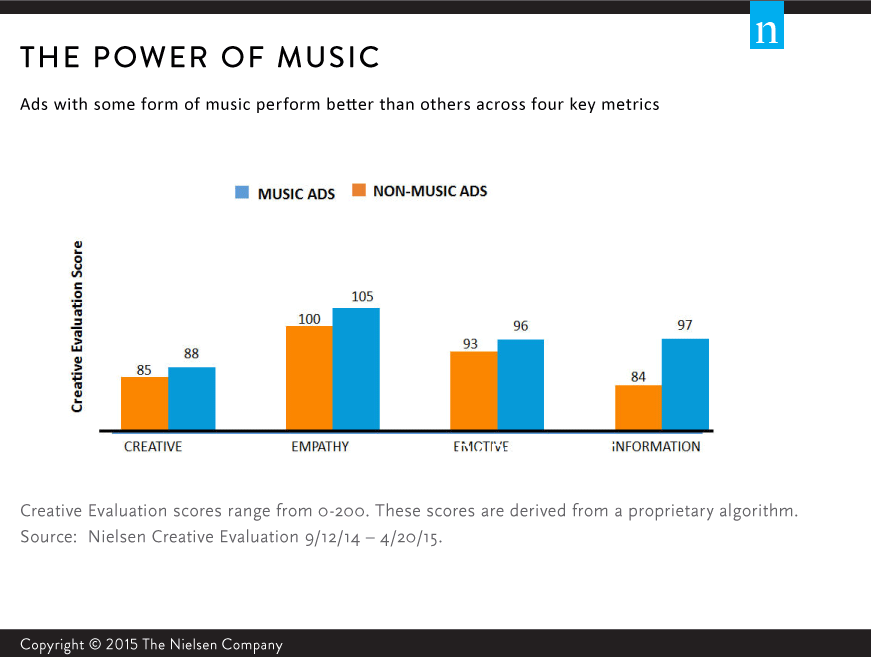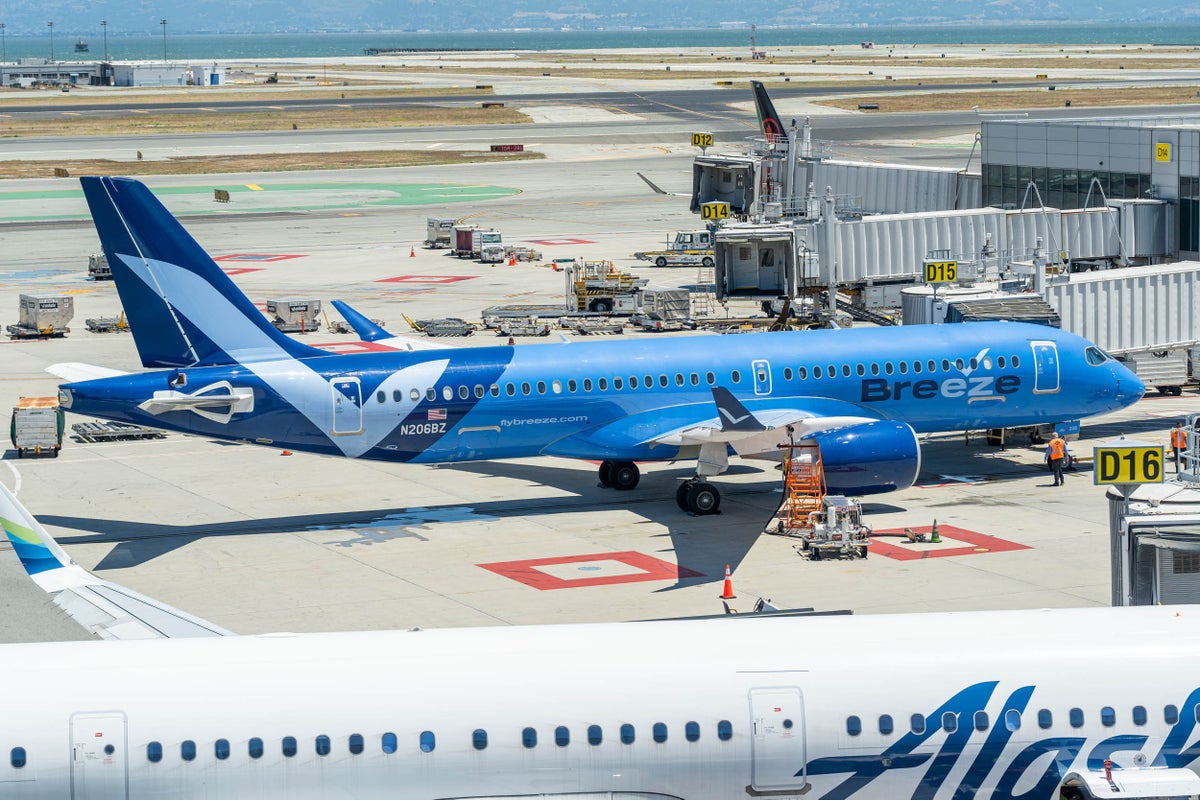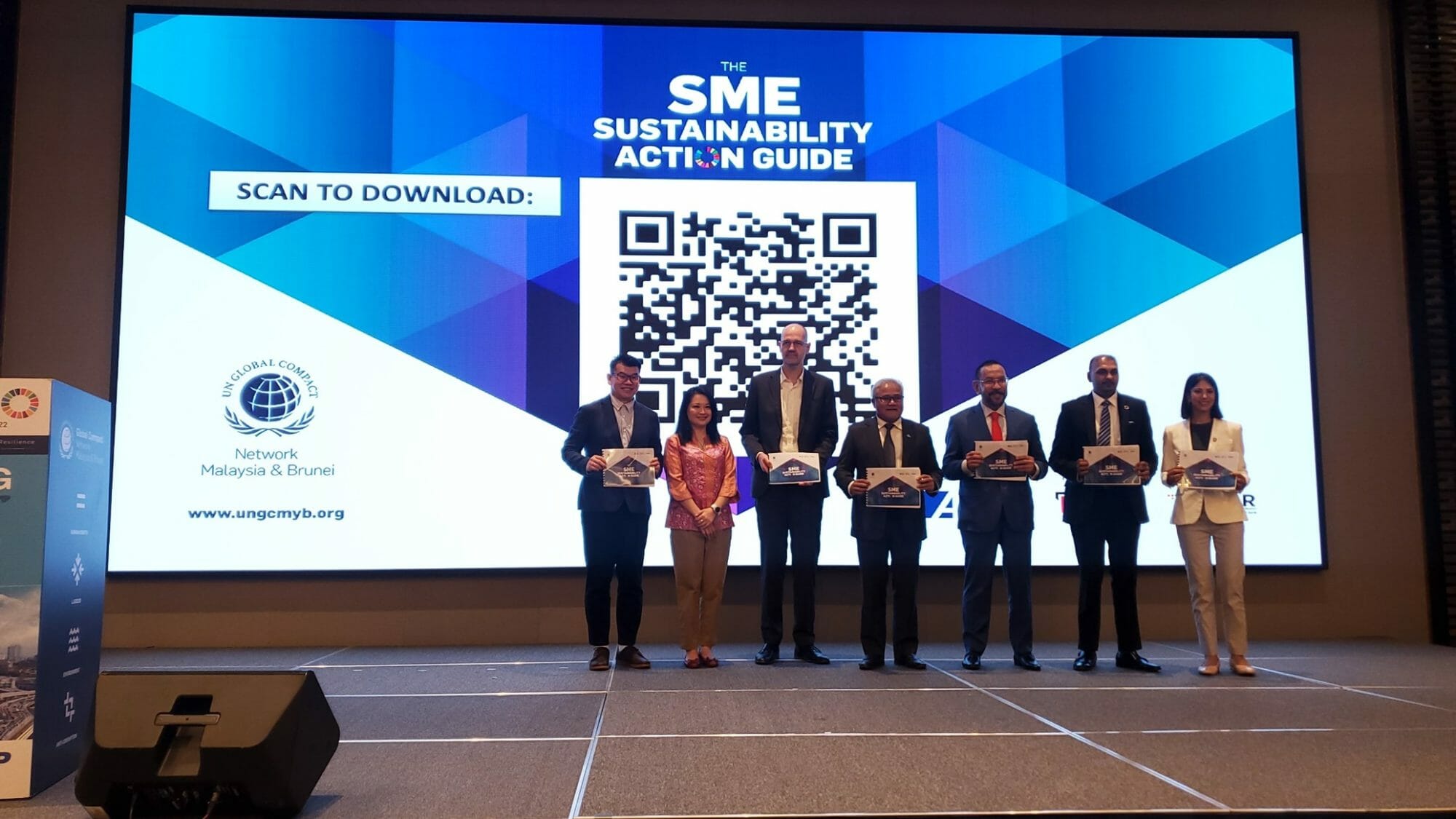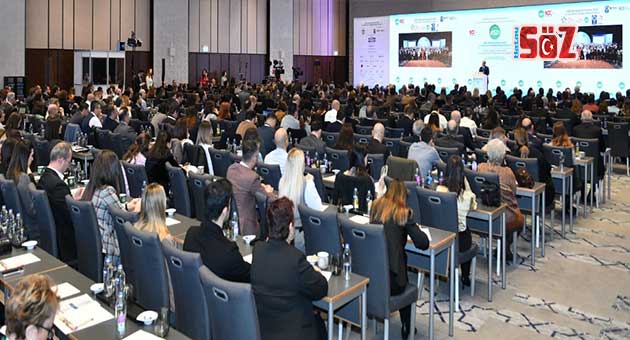Assessing The Economic Impact Of Major Music Events

Table of Contents
Direct Economic Impacts of Music Events
Music events generate substantial direct economic benefits through increased spending and job creation. Let's examine these crucial aspects:
Increased Spending and Revenue
Major music events create a surge in spending, boosting revenue for various stakeholders. This includes:
- Ticket Sales: The primary revenue source, ticket sales contribute significantly to the event organizer's profits and the artists' income. Sophisticated dynamic pricing models can optimize revenue generation based on demand.
- Merchandise Sales: Event merchandise, from t-shirts and posters to limited-edition items, provides a substantial additional revenue stream for organizers and artists alike. Effective branding and marketing strategies are key to maximizing merchandise sales.
- Food and Beverage Sales: On-site concessions and restaurants experience a significant increase in sales during music events. This benefits both event vendors and local businesses.
- Transportation: Increased demand for taxis, ride-sharing services, and public transportation generates revenue for these sectors. Effective transportation planning is crucial for a successful event.
For example, Coachella, a renowned music festival, generates hundreds of millions of dollars in revenue annually, demonstrating the massive economic potential of large-scale events. Analyzing ticket pricing strategies—considering factors like demand elasticity, seating location, and artist popularity—is key to optimizing overall revenue.
Job Creation and Employment
Music events are significant job creators, providing both temporary and permanent employment opportunities across various sectors. These include:
- Event Staff: Roles like security personnel, ushers, ticket takers, and cleaning crews are crucial for event operation.
- Hospitality: Hotels, restaurants, and bars see increased demand during events, leading to higher employment levels in the hospitality sector.
- Transportation: Increased demand for drivers, logistics personnel, and public transport staff boosts employment in this sector.
- Technical Crew: Sound engineers, lighting technicians, and stagehands are essential for the successful execution of the event.
The multiplier effect further amplifies job creation. For instance, increased employment in the hospitality sector can lead to increased demand for suppliers, further stimulating the local economy. Studies show a significant positive correlation between the size and frequency of music events and employment levels in host communities. Analyzing employment data, including the number of jobs created, the duration of employment, and the average wages earned, paints a clearer picture of the event's impact.
Indirect Economic Impacts of Music Events
Beyond the direct impacts, music events generate significant indirect economic benefits, primarily through tourism and enhanced brand image.
Tourism and Increased Visitor Spending
Music events attract visitors from outside the local area, generating substantial tourism revenue. This includes:
- Accommodation: Hotels, motels, and Airbnb rentals experience higher occupancy rates during events, boosting their revenue.
- Local Businesses: Visitors spend money at local restaurants, shops, and attractions, benefiting the local economy. This can range from purchasing souvenirs to experiencing local cuisine.
- Transportation: Visitors utilize various transportation modes, generating revenue for airlines, bus companies, and rental car agencies.
Data on tourist spending, collected through surveys, credit card transactions, and other methods, can quantify the economic benefits of music events to the local tourism industry. The influx of tourists, often spending beyond the initial event costs, significantly contributes to the overall economic prosperity of the host community.
Positive Brand Image and Marketing
Music events can significantly enhance the image of a city or region, attracting further investment and tourism.
- Media Coverage: Major music events receive significant media coverage, promoting the host location to a wider audience. This can greatly enhance the community's reputation and lead to greater tourism appeal.
- Marketing Opportunities: Events can be leveraged for marketing campaigns, promoting the host city/region's attractions and amenities. This boosts not only tourism but also local business growth.
- Long-Term Economic Benefits: A positive brand image created by a successful event can lead to long-term economic benefits, attracting businesses, investments, and skilled labor.
Cities that successfully leverage music events for branding often see sustained economic growth and improved quality of life. Analyzing case studies of successful events demonstrates the profound long-term impact of effective marketing and event management.
Measuring the Economic Impact of Music Events
Accurately measuring the economic impact of music events requires a robust methodology.
Economic Impact Assessments (EIAs)
EIAs are crucial tools for quantifying the economic benefits of music events. They involve:
- Methodology: EIAs typically use input-output models or similar methods to estimate direct, indirect, and induced economic effects.
- Key Factors: Key factors considered include visitor spending, job creation, and the multiplier effect on the local economy. Collecting comprehensive data is crucial for obtaining credible results.
- Data Collection: Data is gathered from various sources, such as event organizers, businesses, and government agencies. Surveys, sales data, and employment records are essential data sources.
Effective EIAs provide a comprehensive understanding of an event's economic impact, aiding in informed decision-making.
Challenges in Measuring Economic Impact
Accurately measuring economic impact presents several challenges:
- Attribution: It can be difficult to isolate the specific economic effects attributable to a particular event, as various other factors influence local economic activity.
- Indirect Impacts: Measuring indirect impacts, such as the ripple effect on related industries, can be complex and require advanced modeling techniques.
- Data Limitations: Access to comprehensive and reliable data can be limited, affecting the accuracy of economic impact assessments.
Careful consideration of these challenges and the implementation of robust mitigation strategies are essential for producing accurate and reliable EIAs.
Conclusion
Major music events demonstrably contribute significantly to the economy, generating substantial revenue, creating jobs, and boosting tourism. Accurate assessment of this economic impact, through methods like Economic Impact Assessments (EIAs), is crucial for effective planning and resource allocation. Understanding both the direct and indirect effects allows for better strategic decision-making by organizers, local governments, and businesses.
Want to understand how to maximize the economic impact of your next music event? Learn more about conducting thorough economic impact assessments and strategically planning events for optimal economic benefit. Start assessing the economic impact of your major music events today!

Featured Posts
-
 Achieving Chateau Style Easy Diy Projects For Every Skill Level
May 19, 2025
Achieving Chateau Style Easy Diy Projects For Every Skill Level
May 19, 2025 -
 Orlando Health Announces Closure Of Brevard County Hospital Facility
May 19, 2025
Orlando Health Announces Closure Of Brevard County Hospital Facility
May 19, 2025 -
 Ufc Vegas 106 Headliner Analysis Of Morales Knockout
May 19, 2025
Ufc Vegas 106 Headliner Analysis Of Morales Knockout
May 19, 2025 -
 New Breeze Airways Routes Network Expansion With Two Additional Destinations
May 19, 2025
New Breeze Airways Routes Network Expansion With Two Additional Destinations
May 19, 2025 -
 Investing In Ubers Self Driving Technology An Etf Approach
May 19, 2025
Investing In Ubers Self Driving Technology An Etf Approach
May 19, 2025
Latest Posts
-
 Gazze Deki Balikcilik Engeller Zorluklar Ve Umut Isiklari
May 19, 2025
Gazze Deki Balikcilik Engeller Zorluklar Ve Umut Isiklari
May 19, 2025 -
 Financial Support For Sustainability Initiatives In Smes
May 19, 2025
Financial Support For Sustainability Initiatives In Smes
May 19, 2025 -
 Gazze Balikcilarinin Yuezlestigi Zorluklar Ve Coezuem Yollari
May 19, 2025
Gazze Balikcilarinin Yuezlestigi Zorluklar Ve Coezuem Yollari
May 19, 2025 -
 Grants And Loans For Eco Friendly Small Businesses
May 19, 2025
Grants And Loans For Eco Friendly Small Businesses
May 19, 2025 -
 Gazze De Balikcilik Sektoeruenuen Gerilemesi Suerdueruelebilirlik Ve Destek Olanaklari
May 19, 2025
Gazze De Balikcilik Sektoeruenuen Gerilemesi Suerdueruelebilirlik Ve Destek Olanaklari
May 19, 2025
